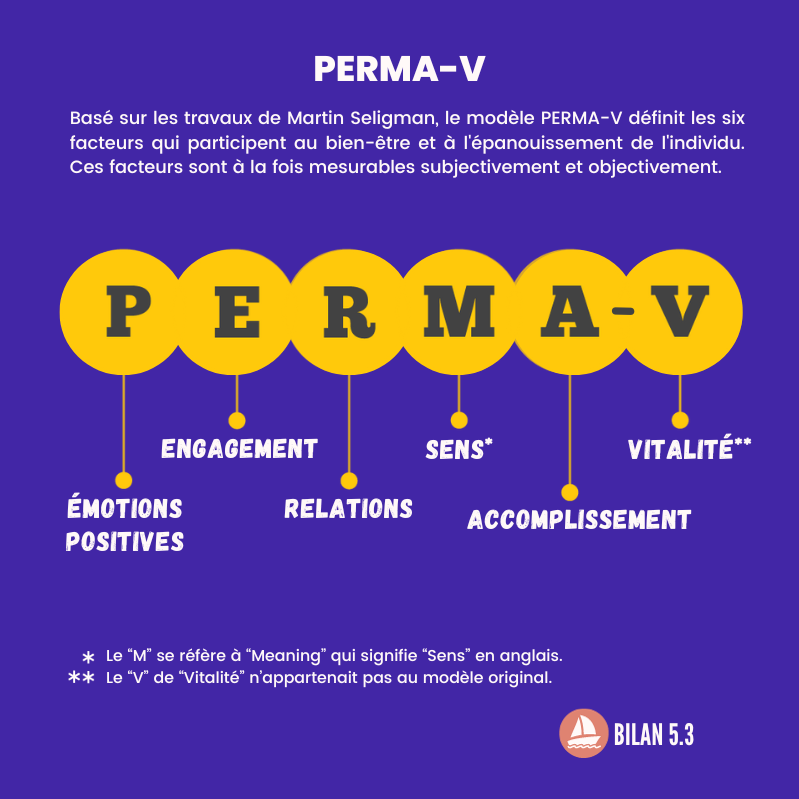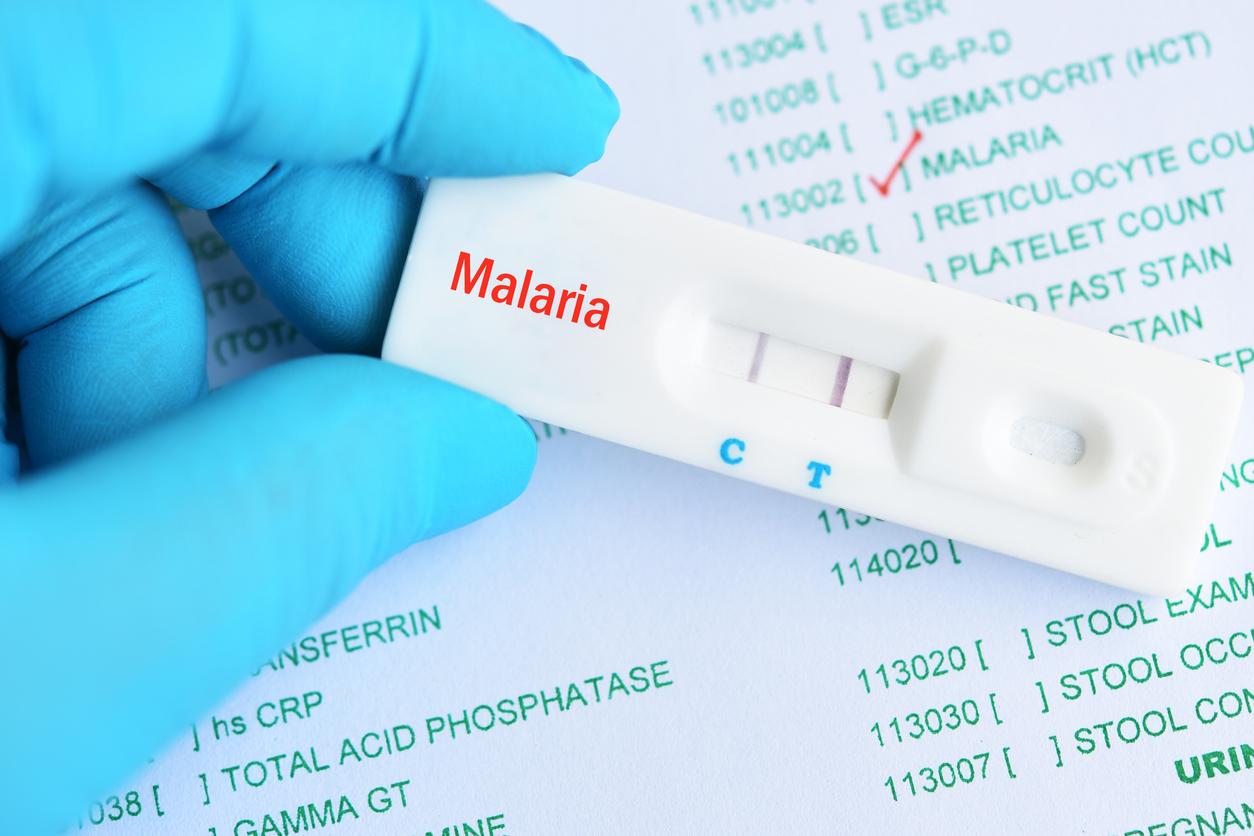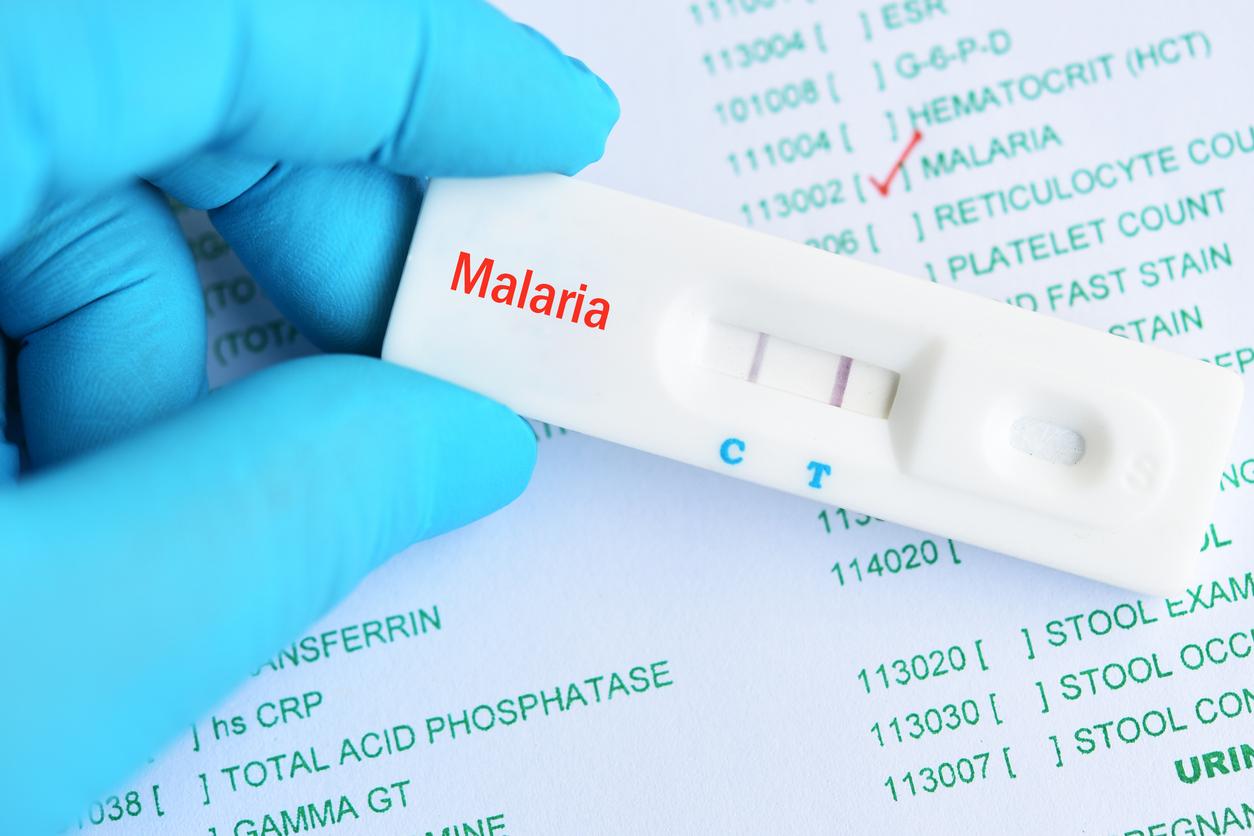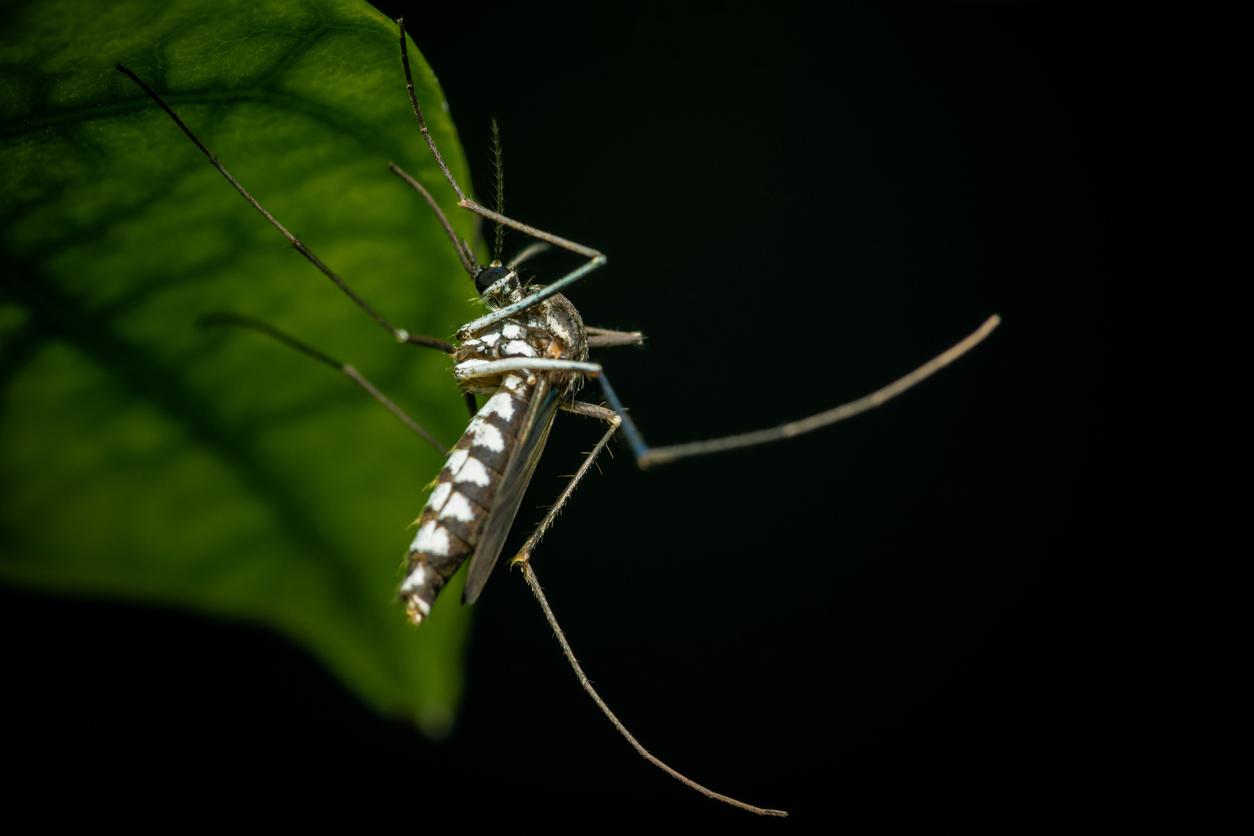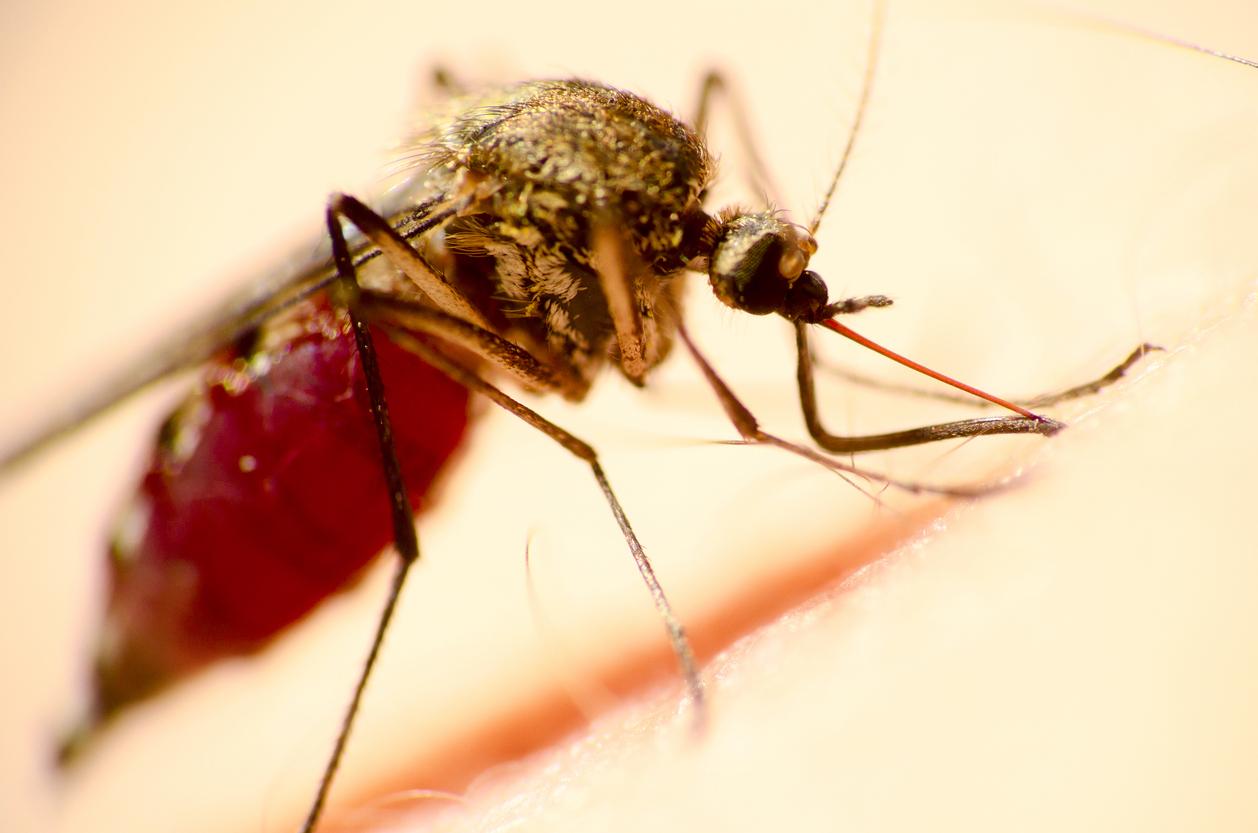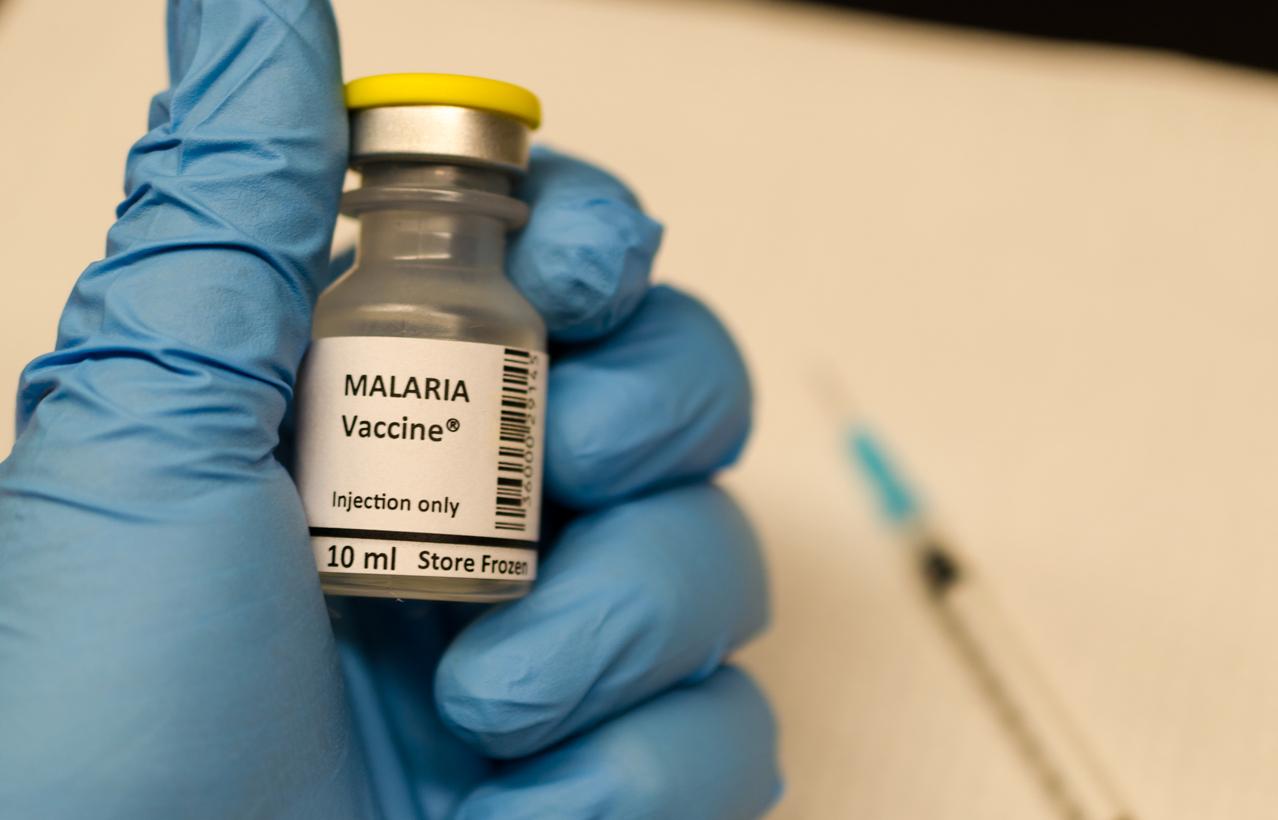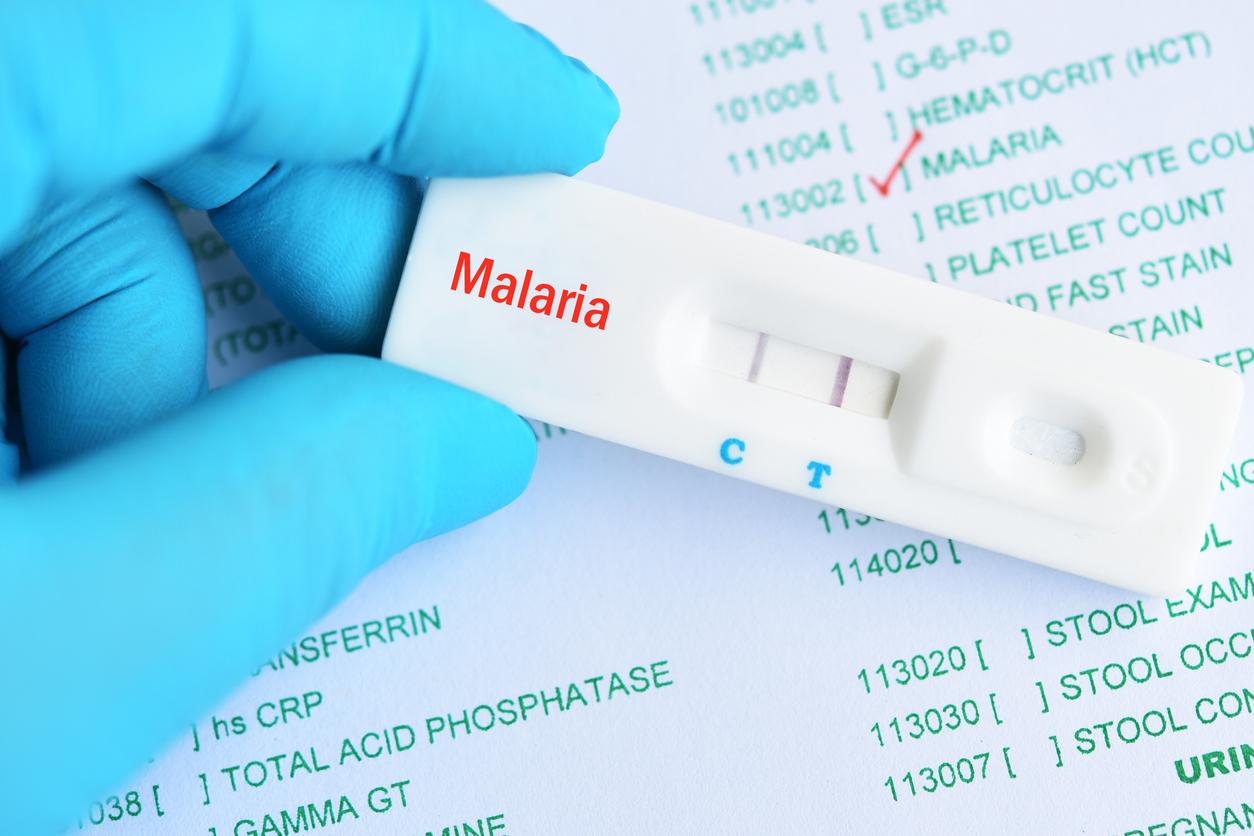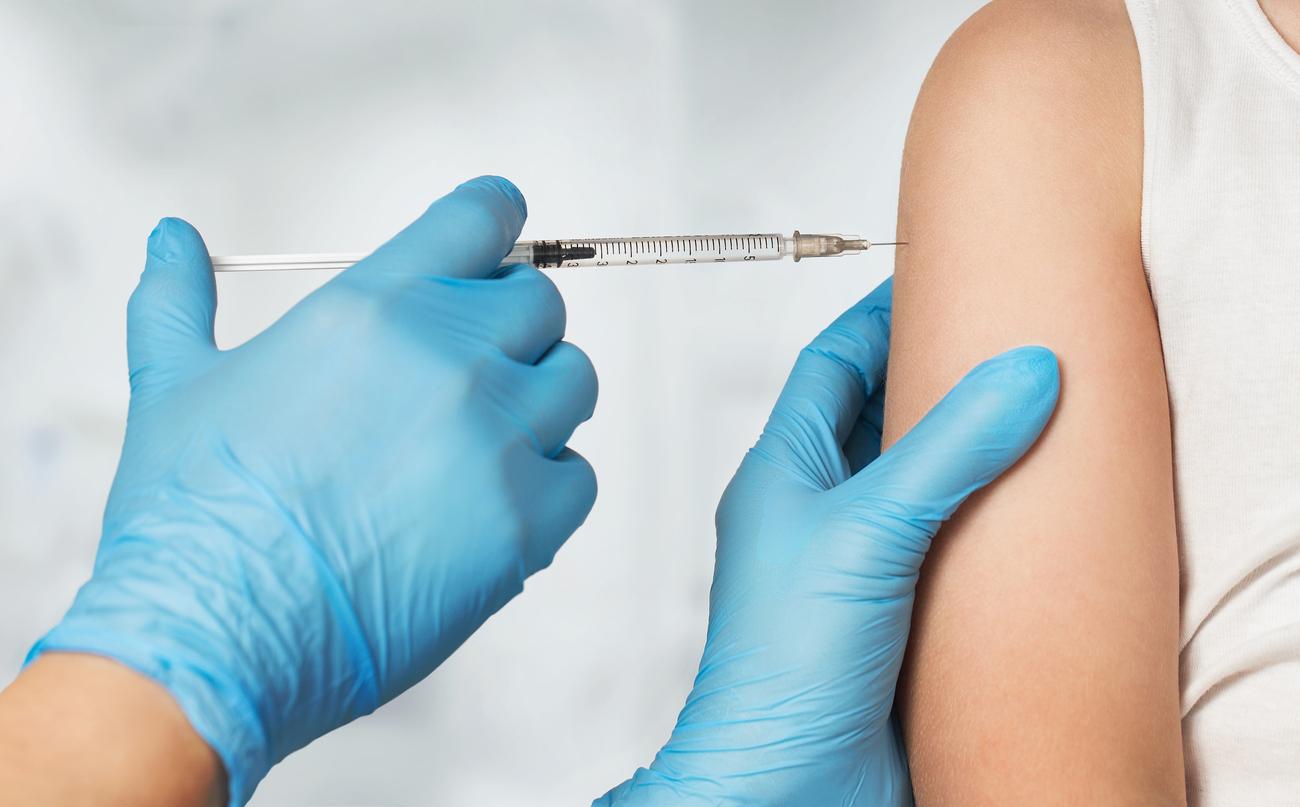
July 25, 2016.
What if chickens helped us fight the world’s deadliest disease? The idea was raised by Ethiopian and Swedish researchers, who found that mosquitoes, vectors of malaria, were particularly afraid of the smell of chicken.
Mosquitoes no longer bite when they smell a chicken nearby
Despite considerable resources dedicated to finding a vaccine against malaria, researchers are still struggling to foil the strategies of this disease which, until now, has bypassed all the antibodies that science could imagine. In this race against time, the chicken could become a great ally. This is what Ethiopian and Swedish researchers suggest who publish their findings in the Malaria Journal.
To reach this conclusion, the researchers started from an observation: mosquitoes use their sense of smell to locate their prey. They then tested several smells, and placed different species in contact with them. When these insects were placed near a scent of chicken, the latter became as unfit to bite.
Create an effective repellant with chicken
These findings were confirmed in the field in Ethiopia, where researchers analyzed blood drunk by mosquitoes. Outdoors, the latter feed on the blood of cattle, and indoors mainly on that of humans, but flee areas where chickens live. The researchers also observed that placing chickens near a trap greatly reduced the number of mosquitoes trapped.
” This study shows that non-host birds have the power to offer protection to people at risk of contracting a disease transmitted by mosquitoes », Explain the researchers, who hope continue their study to isolate the smell of chicken to create a repellant.
According to figures from the World Health Organization (WHO), malaria affected 214 million people in 2015. Last year 438,000 people died from the disease, which is transmitted mainly through the bites of mosquitoes infected with the Plasmodium parasite. It is in sub-Saharan Africa that malaria kills the most, with 89% of cases and 91% of deaths.
Read also: A tool capable of detecting malaria in 5 minutes



